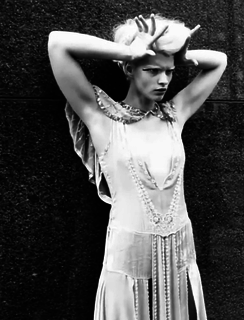A Quote by Marshall Goldsmith
It is a whole lot easier to see our problems in others than it is to see them in ourselves.
Related Quotes
We have a fear of facing ourselves. That is the obstacle. Experiencing the innermost core of our existence is very embarrassing to a lot of people. A lot of people turn to something that they hope will liberate them without their having to face themselves. That is impossible. We can't do that. We have to be honest with ourselves. We have to see our gut, our excrement, our most undesirable parts. We have to see them. That is the foundation of warriorship, basically speaking. Whatever is there, we have to face it, we have to look at it, study it, work with it and practice meditation with it.
To see ourselves as others see us can be eye-opening. To see others as sharing a nature with ourselves is the merest decency. But it is from the far more difficult achievement of seeing ourselves amongst others, as a local example of the forms human life has locally taken, a case among cases, a world among worlds, that the largeness of mind, without which objectivity is self-congratulation and tolerance a sham, comes.
The misfortune of others is our misfortune. Our happiness is the happiness of others. To see ourselves in others and feel an inner oneness and sense of unity with them represents a fundamental revolution in the way we view and live our lives. Therefore, discriminating against another person is the same as discriminating against oneself. When we hurt another, we are hurting ourselves. And when we respect others, we respect and elevate our own lives as well.
Human beings are complicated and flawed and unique, but we all have a story to tell. Gone are the days where our lead characters can only look like somebody else. Heroes look like all of us. We see ourselves in each others' stories. We see who we are. We see who we want to be. Sometimes we see who we don't want to be. And through that we have a greater understanding of ourselves and acceptance of each other.
Everyone deserves love and appreciation. If there is someone in the world whom we do not love, it is our blessing to work this out within ourselves. A very key spiritual principle, echoed in the Cayce readings as well as mainstream psychology, is that whatever we see in others that makes us angry, sad or jealous is a reflection of an issue we have in ourselves. If we can learn to love, respect and forgive ourselves, then we will not be angered and offended by what we see in others.






































